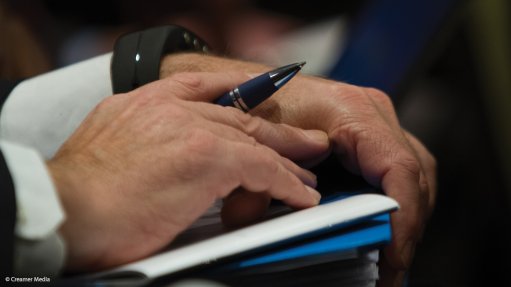
Photo by: Duane Daws
South Africa remains one of the top economies in sub-Saharan Africa, along with Botswana, Mauritius and Rwanda, says the World Bank.
Its 'Doing Business 2016: Measuring Regulatory Quality and Efficiency' report ranked South Africa seventy-third of the 189 countries measured. This was a decline from the recalculated ranking of 69 the year before.
However, the report found that South Africa performed as well as many advanced economies in several areas of doing business measured by the report.
In the area of protecting minority investors, the country performed as well as Norway and Sweden, as it afforded minority shareholders protection through high disclosure standards and ample legal recourse.
With strong legal protection, minority investors in South Africa could be confident about their investments, as conflicts of interest were well regulated.
South Africa was also among the top performers when it came to paying taxes. It took an entrepreneur in Johannesburg seven payments and 200 hours to file all necessary taxes, compared with the average of 39 payments and 309 hours in the rest of sub-Saharan Africa.
The country’s performance was closer to high-income Organisation for Economic Cooperation and Development economies, where it took an entrepreneur an average of 11 payments and 177 hours to pay his or her taxes.
Two other areas where South Africa performed significantly better than the global average were resolving insolvency and getting credit. The private credit bureau covered the majority of the adult population and collected most of the relevant areas of information to assess creditworthiness. Owing to that, a small business in Johannesburg with a good financial history was more likely to get credit and hire more employees.
“South Africa has historically been one of the best performers in the sub-Saharan African region; however, there is room for improvement and the continued implementation of reforms will be key to improving the regulatory framework in areas like cross-border trade or getting new connections to the electricity grid,” World Bank Southern Africa director Guang Zhe Chen said.
South Africa was one of the economies where it took the longest time to obtain a new electricity connection – 226 days – significantly above the regional average of 130 days.
Border compliance in South Africa was also time-consuming. For example, it took 144 hours to comply with border procedures on the import side, compared with the global average of 87 hours.